The skin is the largest organ in the human body and plays a central role in our well-being. It protects us from external influences, regulates body temperature and is crucial for the immune system. But it is precisely this protective function that makes the skin vulnerable to various problems such as acne, eczema, psoriasis, dry skin and even premature skin aging. In recent years, a natural active ingredient has come into focus that could be of great interest for skin health: cannabidiol (CBD) .
CBD is a non-psychoactive component of the hemp plant (Cannabis sativa) and has proven its diverse health benefits in numerous studies. Particularly exciting is the possibility of using CBD as a potent remedy for various skin problems.
What is CBD and how does it work?
CBD belongs to the group of cannabinoids, chemical compounds found in the hemp plant. Unlike tetrahydrocannabinol (THC), CBD does not have an intoxicating effect, which is why it is legally available and used in a variety of cosmetic products. The effects of CBD are mainly mediated via the body's endocannabinoid system (ECS) . The ECS is a network of receptors that plays an important role in regulating numerous physiological processes such as pain, inflammation, immune function and skin health.
The two main receptors of the ECS, CB1 and CB2 , are present in various areas of the body, including the skin. Studies have shown that CBD can act on these receptors, producing anti-inflammatory, antioxidant and sebum-regulating effects - all factors that are important in the treatment of skin problems.
The most important skin problems and how CBD can help
1. Acne
Acne is one of the most common skin diseases and affects millions of people worldwide. It is caused by an overproduction of sebum, clogged pores, bacterial infections and inflammation. Many acne sufferers resort to aggressive treatments that can irritate the skin and cause long-term damage.
How does CBD help with acne?
CBD reduces sebum by regulating the activity of the sebaceous glands. Studies have shown that CBD can inhibit lipid production and thus prevent the overproduction of sebum. In addition, CBD has anti-inflammatory and antibacterial effects, which can fight the cause of acne directly at the root.
Use of CBD for acne
CBD can be applied directly to the affected areas of skin in the form of creams, oils or serums. Products that also contain soothing ingredients such as aloe vera or chamomile are particularly effective. A highly concentrated CBD serum can also be used for targeted treatment.
2. Eczema and atopic dermatitis
Eczema and atopic dermatitis are inflammatory skin conditions characterized by dry, flaky and itchy skin. These skin conditions are often chronic and can cause significant discomfort.
How does CBD help with eczema?
CBD has powerful anti-inflammatory properties that can help relieve the itching and inflammation associated with eczema. CBD interacts with the CB2 receptors in the skin, which are responsible for regulating the immune response. This can lead to a reduction in skin inflammation and accelerate healing. In addition, CBD has a moisturizing effect, which soothes dry skin associated with eczema and strengthens its protective barrier.
Use of CBD for eczema
Regular use of creams or balms containing CBD can noticeably relieve the symptoms of eczema. Products with a high concentration of natural fatty acids and moisturizing ingredients such as shea butter or jojoba oil are particularly recommended to repair the skin barrier and bind moisture.
3. Psoriasis
Psoriasis is an autoimmune disease that causes an excessive proliferation of skin cells. This causes scaly, red patches that are often accompanied by itching and pain. The disease has no cure, but its symptoms can be controlled.
How does CBD help with psoriasis?
CBD may help regulate the uneven growth of skin cells by inhibiting cell proliferation. Additionally, CBD has powerful anti-inflammatory properties that can reduce the itching and inflammation that occurs with psoriasis. Since CBD can also modulate the immune system, it could calm the autoimmune process that drives the disease.
Use of CBD for psoriasis
In addition to the external application of CBD creams, it may be useful to take CBD oil orally to support the immune system from within. Combined approaches that include both topical and systemic applications have proven to be particularly effective.
4. Dry and sensitive skin
Dry and sensitive skin can be caused by numerous factors, including environmental pollution, insufficient moisture or excessive cleansing. It often results in redness, itching and an unpleasant feeling of tightness.
How does CBD help with dry skin?
CBD is an excellent moisturizer and helps maintain the skin's moisture levels without making it too oily. Its anti-inflammatory properties can help relieve redness and irritation that often accompany sensitive skin. CBD also strengthens the skin's natural barrier, making the skin more resistant to external irritants.
Using CBD for dry skin
Moisturizers containing CBD are ideal for dry and sensitive skin. They should be applied to cleansed skin in the morning and evening. Products that contain additional moisturizing ingredients such as hyaluronic acid or glycerin are particularly beneficial.
5. Premature skin aging
As we age, our skin loses elasticity and moisture. Environmental factors such as UV radiation and air pollution accelerate the aging process, resulting in wrinkles, fine lines and an uneven complexion.
How does CBD help with premature skin aging?
CBD is rich in antioxidants that neutralize free radicals responsible for the aging process. Through its antioxidant effect, CBD can help reduce oxidative stress caused by environmental pollution. In addition, CBD promotes collagen production, which increases the elasticity of the skin and makes it appear more youthful and firm.
Use of CBD in anti-aging
Anti-aging products with CBD can be integrated into your daily skin care routine. Night creams that combine CBD with other anti-aging ingredients such as retinol or vitamin C have a particularly regenerating and revitalizing effect.
How safe is it to use CBD on the skin?
CBD is generally considered to be very well tolerated and has a low potential for side effects. However, in rare cases, allergic reactions or skin irritations may occur, especially if the product contains other ingredients to which you are sensitive. It is therefore advisable to carry out a patch test before using a new product to rule out any possible skin reactions.
Choosing a high-quality CBD product is crucial. Look for products that are lab-tested and free of harmful additives. Some people prefer full-spectrum CBD products because, in addition to CBD, they contain other beneficial cannabinoids and terpenes that can work synergistically (the so-called "entourage effect"). Others turn to isolate products that contain only pure CBD.
CBD has emerged as a promising skincare ingredient that can help with a variety of skin problems. Whether it's acne, eczema, psoriasis, dry skin or premature aging, CBD's anti-inflammatory, sebum-regulating and antioxidant properties make it a natural and effective way to improve skin health.
Research in this area is still in its early stages, but the study results and user reports to date are promising. Anyone who suffers from persistent skin problems or wants to improve their skin care with natural active ingredients should give CBD a chance. However, it is important to pay attention to quality and choose products that are proven to be free of harmful substances and chemical additives.
Ultimately, CBD could be a valuable component of a holistic skin care routine – both for treating acute skin problems and for long-term care and prevention.





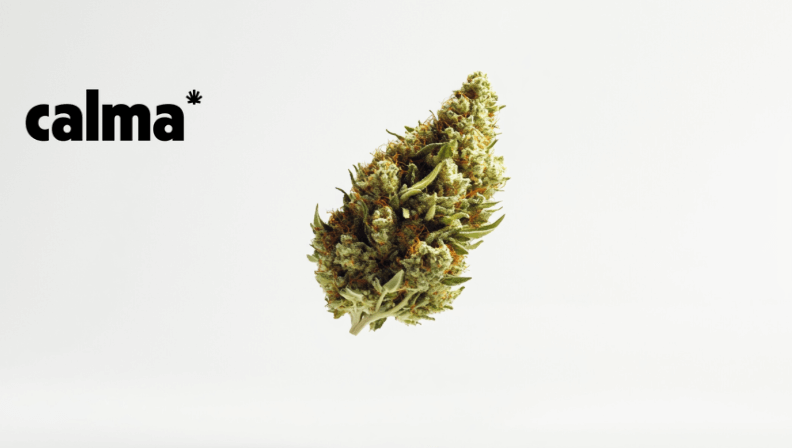
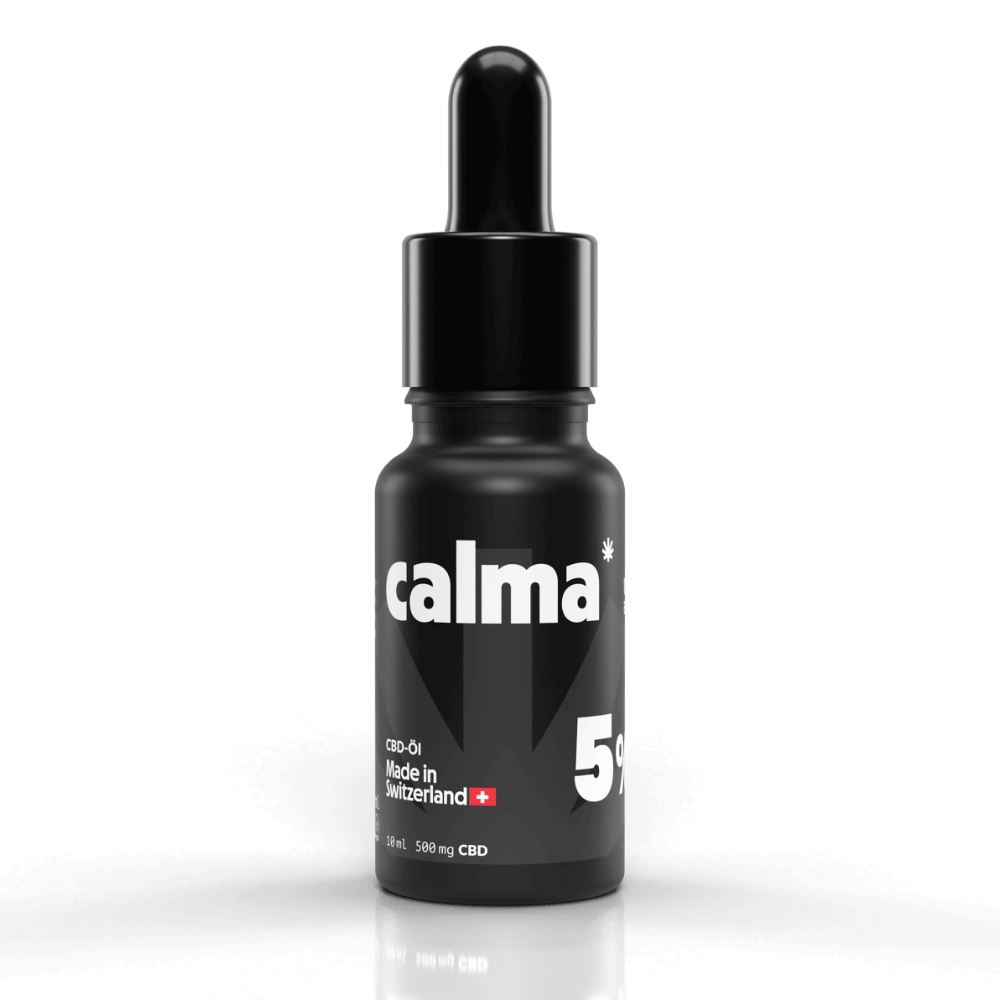

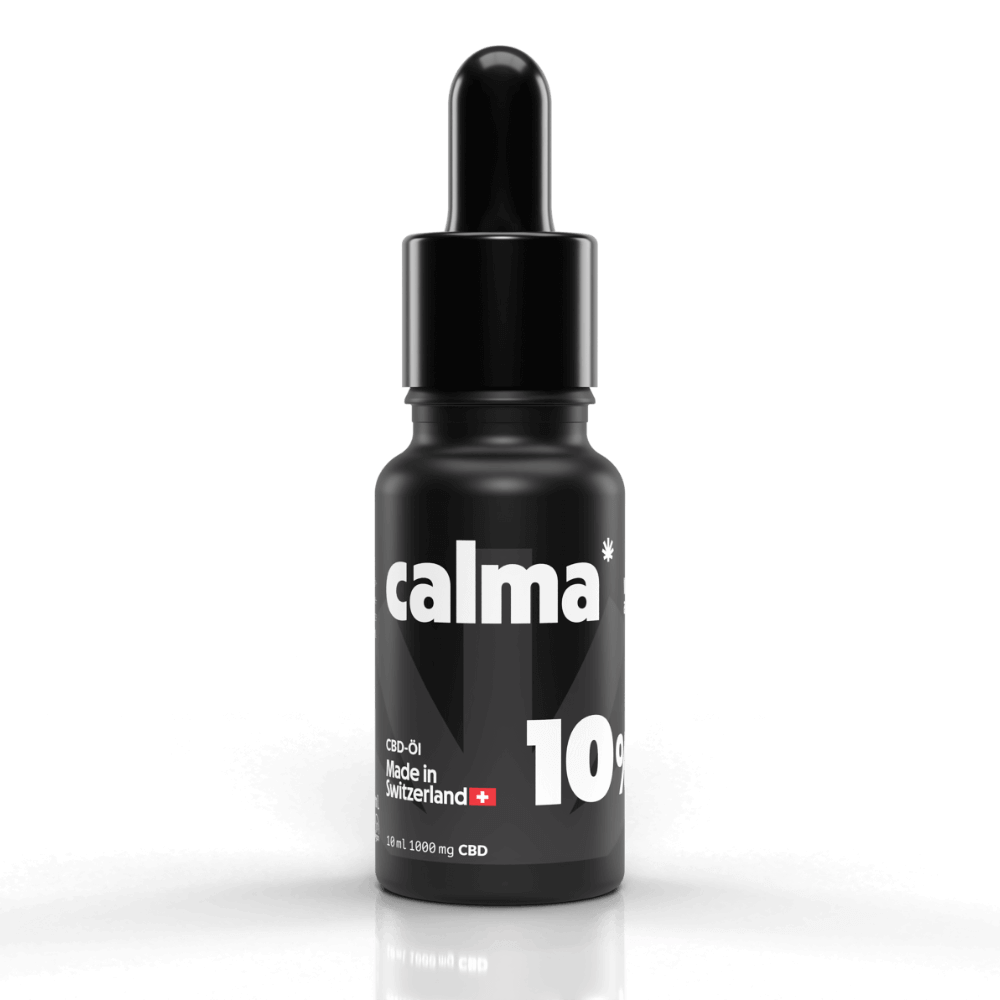
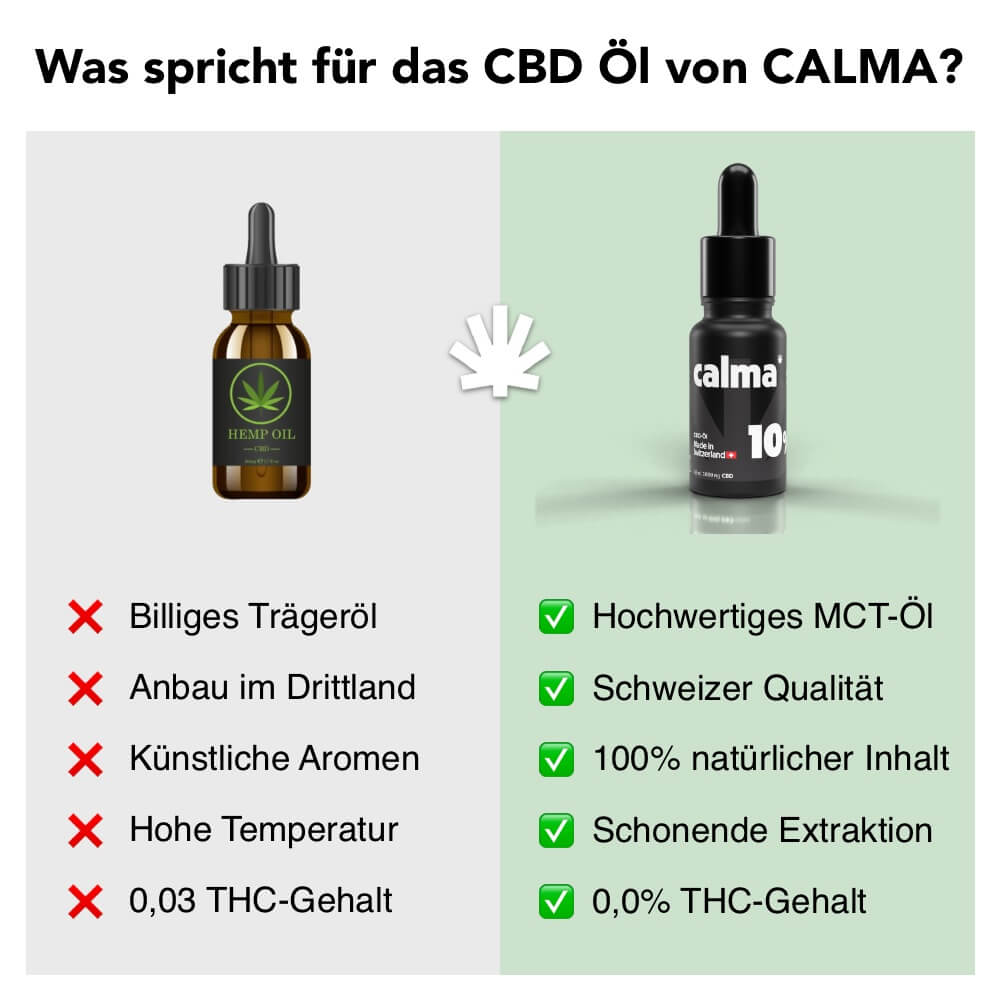
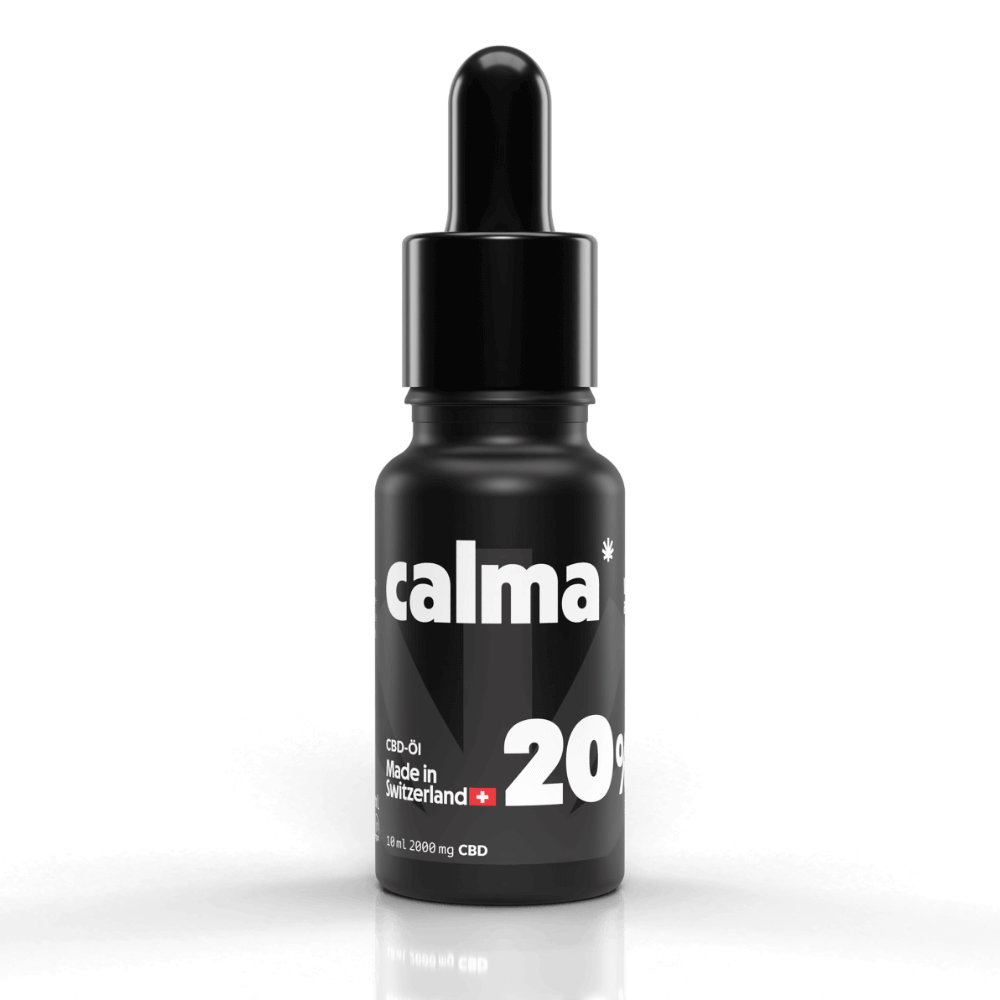
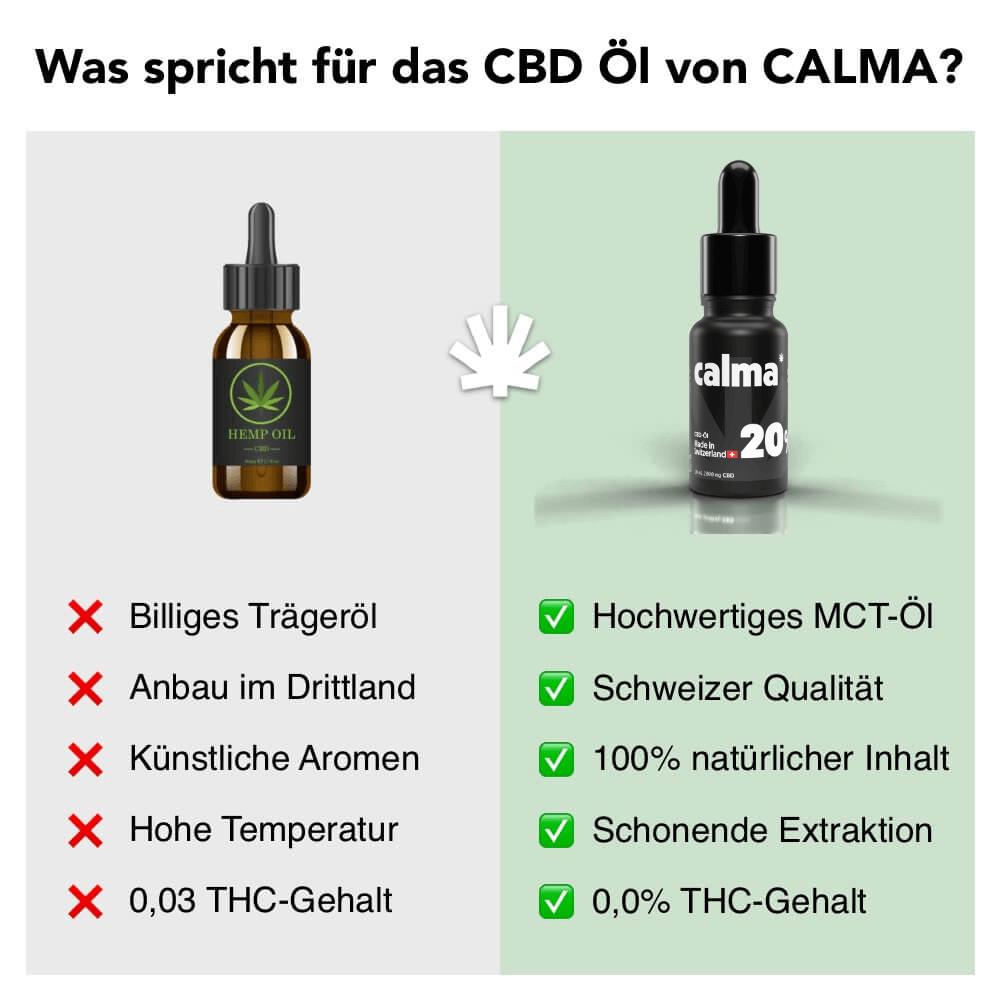
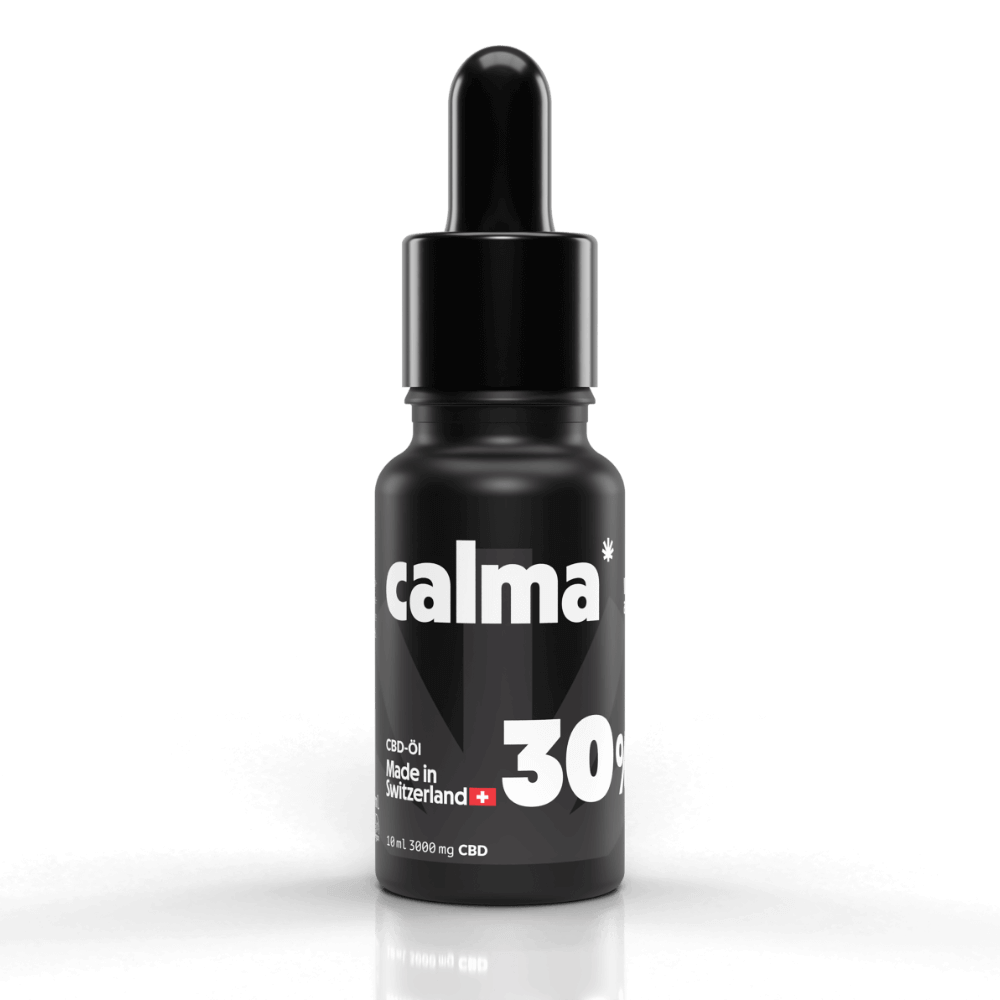
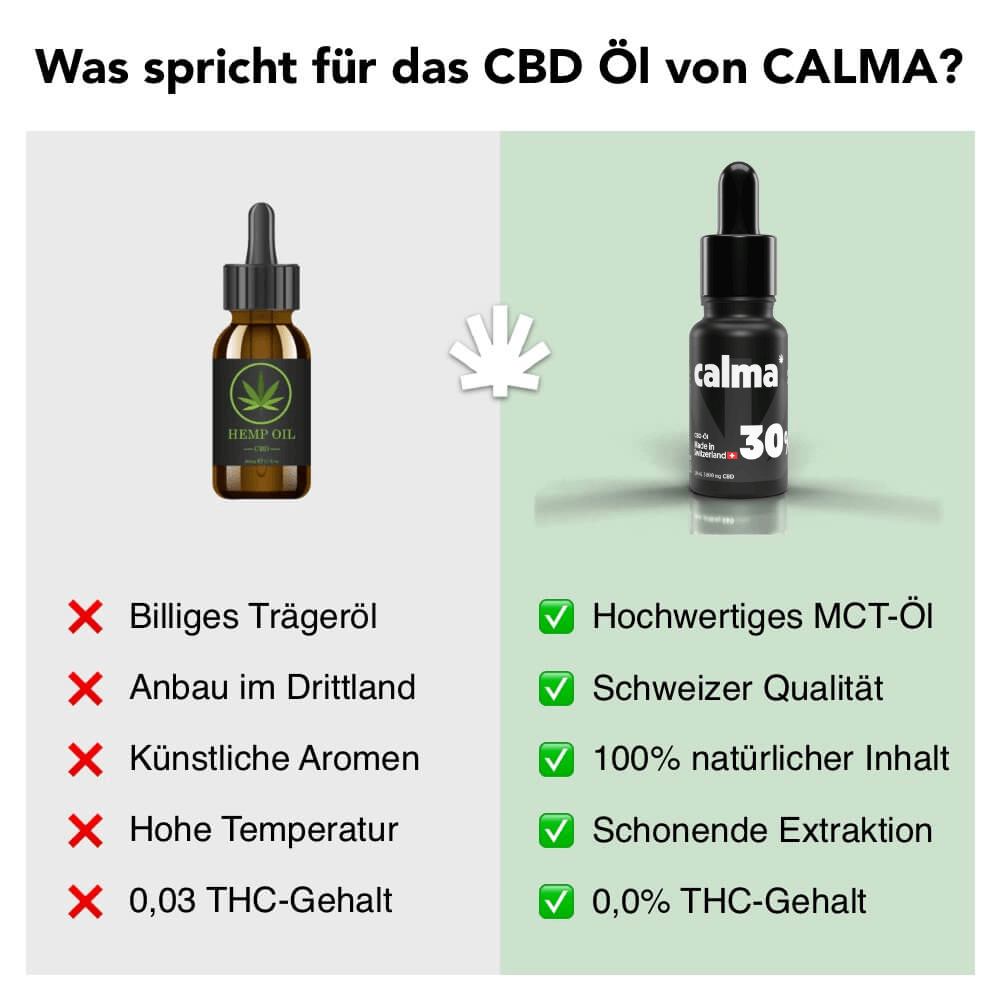
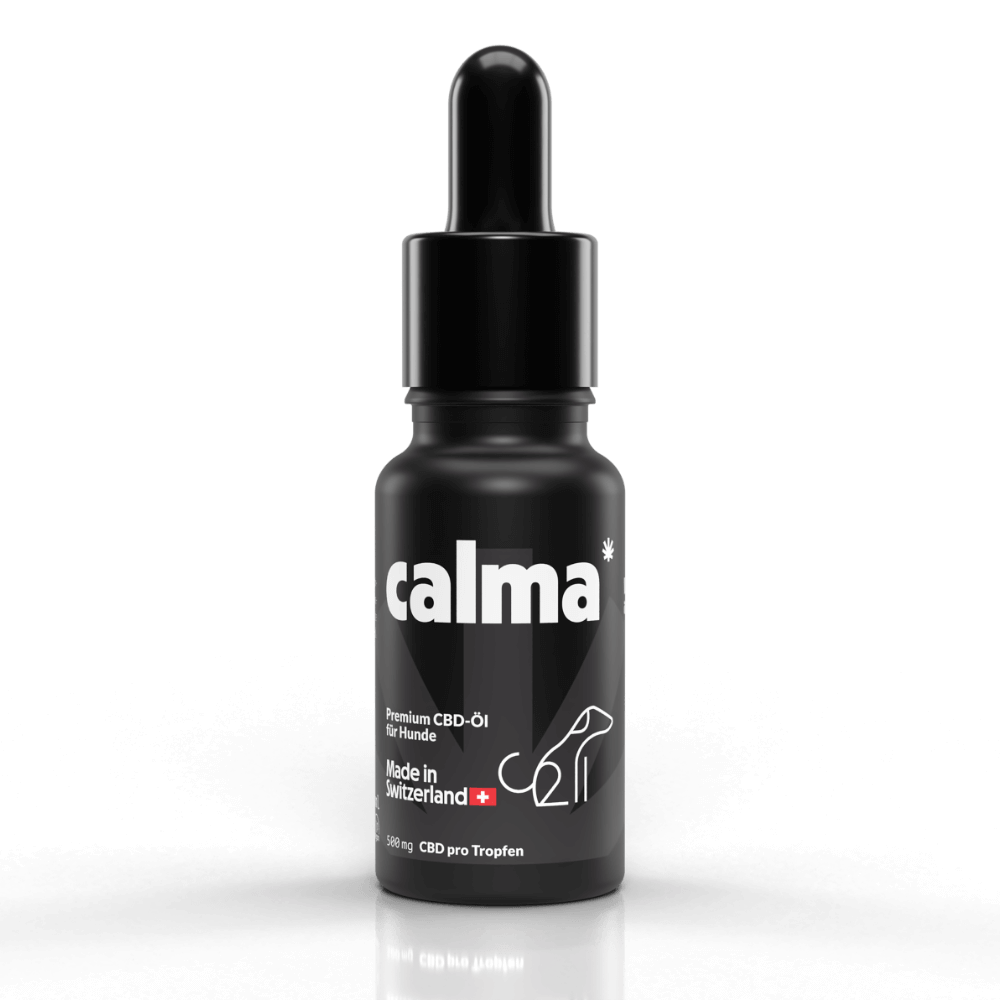
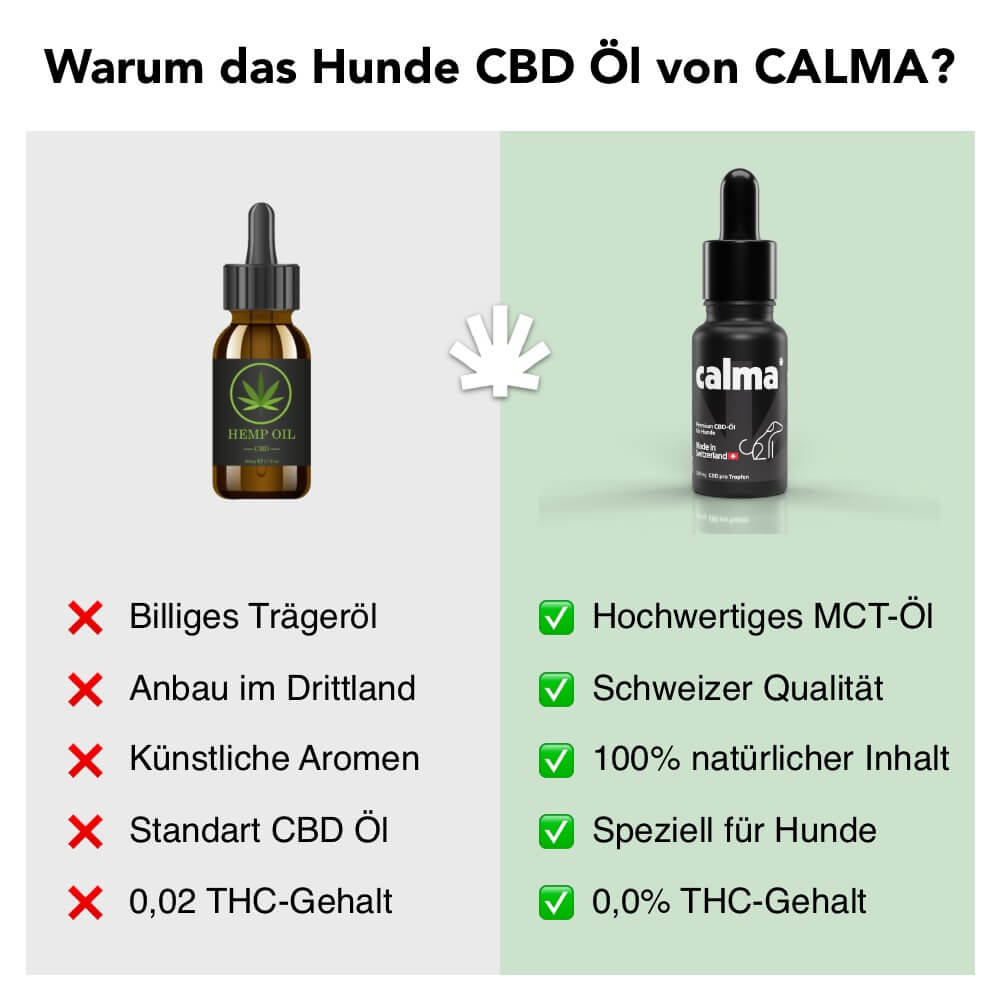
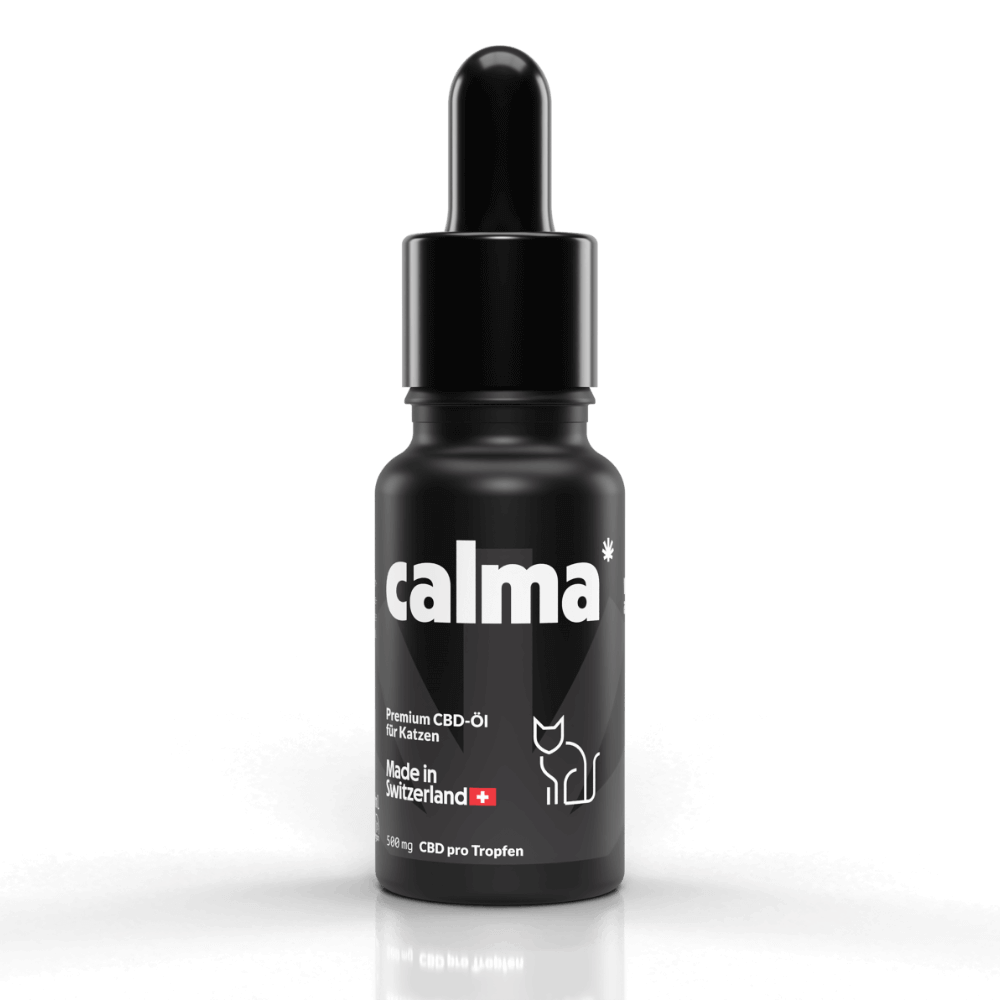

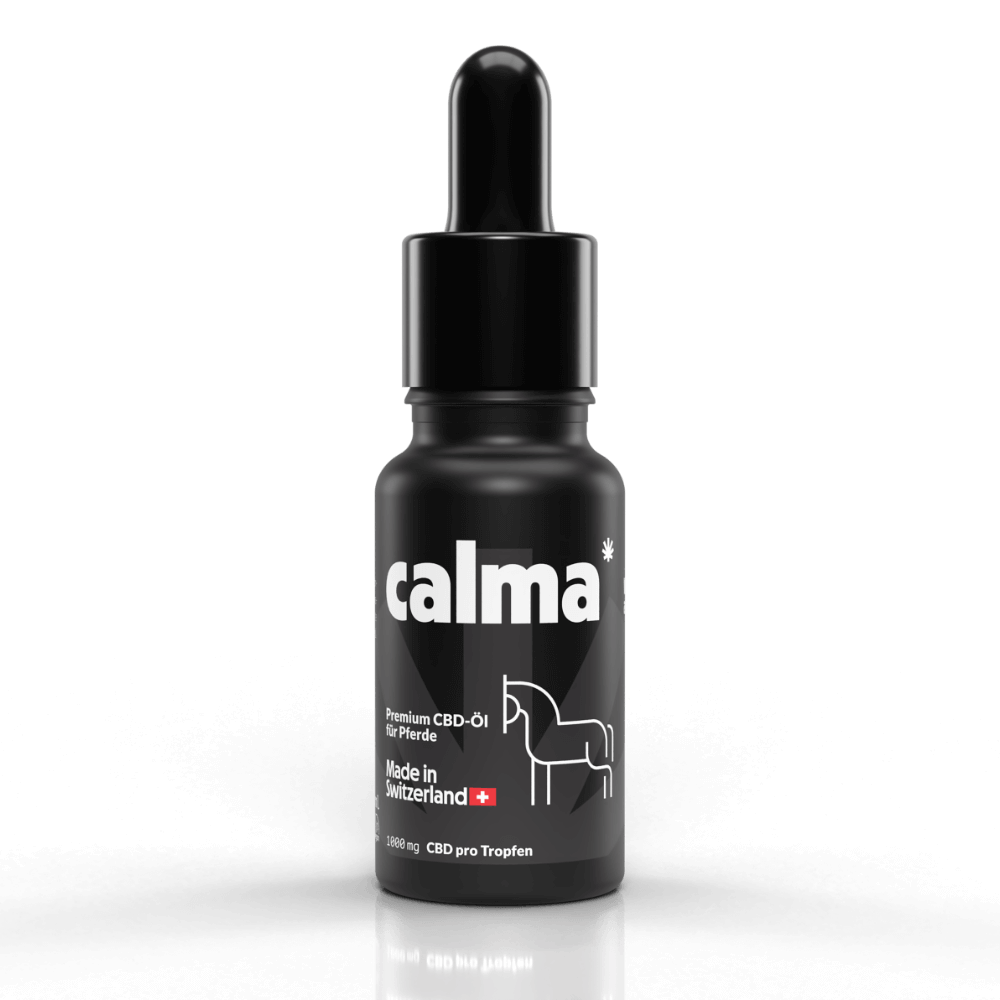
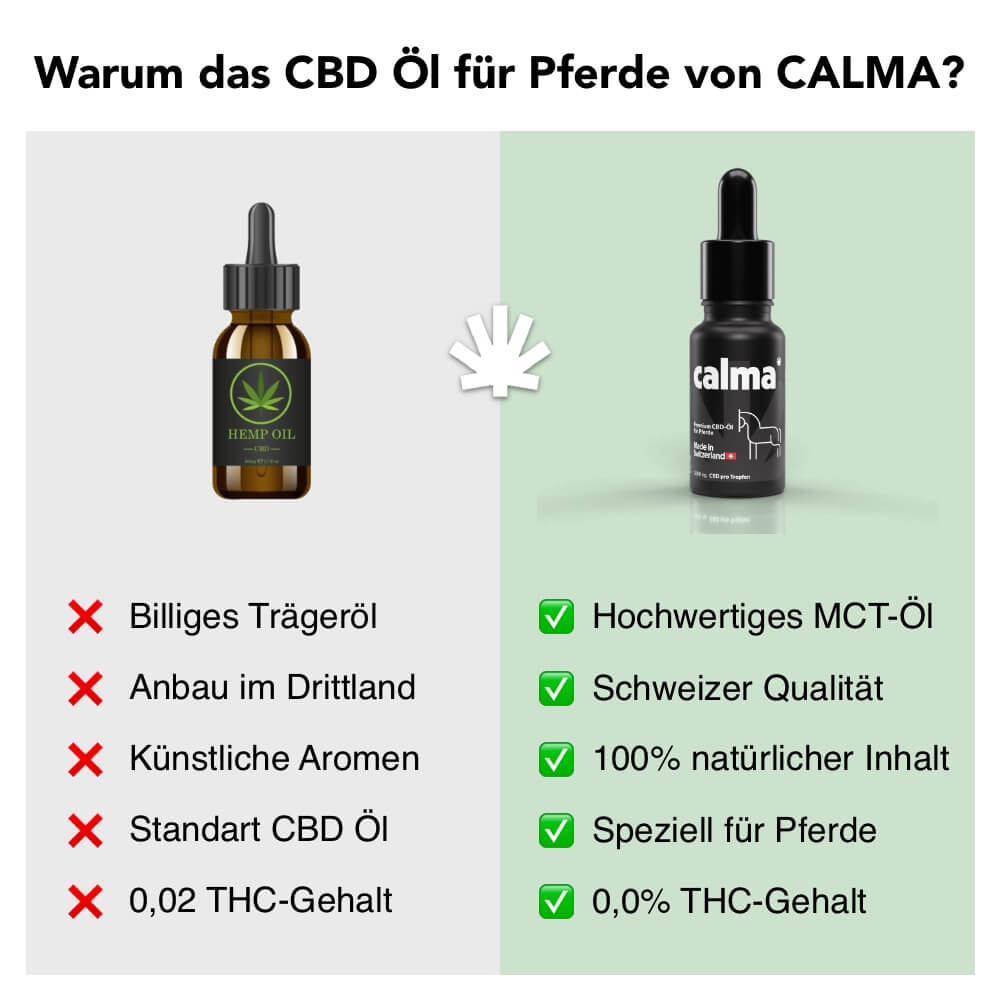
Leave a comment
All comments are moderated before being published.
This site is protected by hCaptcha and the hCaptcha Privacy Policy and Terms of Service apply.